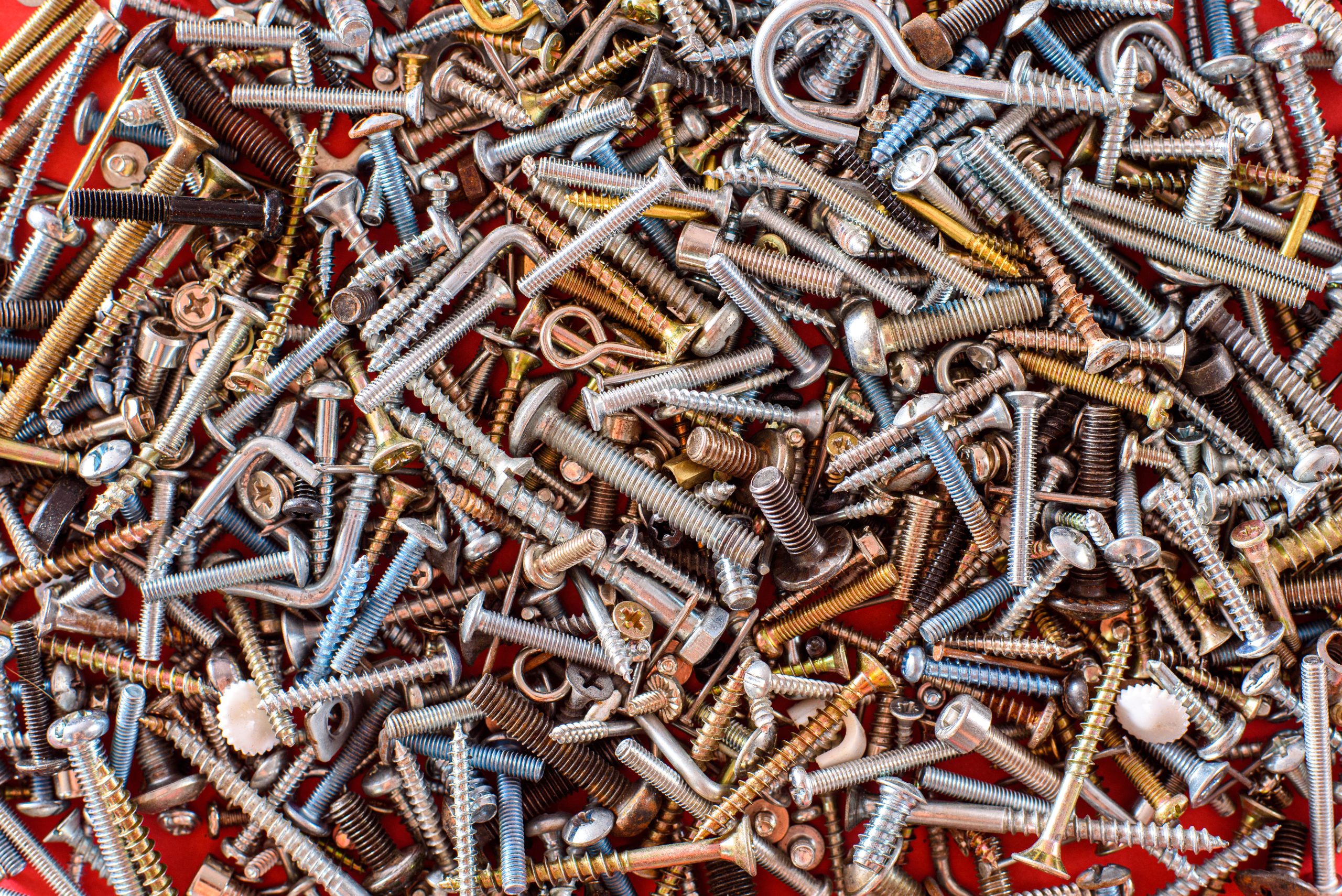
There is little difference in corrosion resistance among the “18-8” types, but slight differences in chemical composition do make certain grades more resistant than others against certain chemicals and atmospheres. For example: Type 304 is a superior grade of 18-8 which is used for machine screws, cap screws and other items that are cold headed or hot forged. In comparison, Type 316 provides a higher level of resistance to corrosion than 304. What distinguishes Type 316 from Type 304 is the addition of Molybdenum and a slightly higher percentage of nickel. Type 316 is the main stainless used in marine environments.
Over time, rust can and will develop on stainless steel. To prevent stainless steel from rusting, it must undergo a process of passivation. This process is performed to make the surface passive (i.e. a surface film is created with a mild oxidant that causes the surface to lose its chemical reactivity) which will result in the very low corrosion rate of the metal.


